Reactor Design Group
Organization
Mandate
Highlights
Expertise
Achievements
Recent achievements of RDG:
- Technical support for the sodium filling of main vessel, Qualification of primary fuel handling machines & shut down mechanisms in high temperature nitrogen and sodium, Rectification of high friction issue in the TA gripper guides, Getting AERB approval to take-up modification of actual PFBR fuel/blanket & other subassemblies based on the proposal for regulatory clearance highlighting the modifications requirements, radiation exposure expected during the modification works etc.,
- Initiation of manual smoothening works on actual SAs at IFSB, Design support for the development of Mn trap SA and LBSA in FBTR, Co-ordinated research project on fuel pin benchmark analysis under the aegis of IAEA, Design improvements in under sodium ultrasonic scanner based on commissioning experience, Multi-body dynamic analysis of large diameter bearing to study the effects of undulations & circumferential temperature gradient in bearing races, Qualification of ball separator concept in large diameter bearing under temperature conditions to enhance the load carrying capacity, Conceptualization of design solutions to prevent scoring & stuck of SAs during handling, Design support for successful commissioning of secondary sodium system and its related auxiliaries like fill and drain, SG leak detection, sodium purification circuits, sodium water reaction product discharge circuit etc.,
- Design support for main vessel sodium filling from various sodium tanks in RCB & SGB, Sodium purification using initial sodium purification circuit and raising sodium temperature up to 400 degC, Design support for successful commissioning of SGDHR circuits, Development of in-house codes for hydrostatic bearings, Process design of buoyancy driven decay heat removal system& sodium heated steam generator, Technical support for commissioning of plant auxiliary systems, steam water system and electrical power systems, Modifications and rectification works viz. BSC system leak, refurbishment of horton spheres, air locks etc.,
- Layout and design of support structure for safety valves in CRH line, Upgradation of electrical preheating systems, bypassing of PLCs at electrical switchgear panels, introduction of VFDs for ISPC and SSPC cold trap blowers etc. Thermal hydraulics and structural mechanics studies of postulated scenarios leading to failure of PFBR IHX tubes as part of RCA studies, Conceptualization and detailed design of additional pre-heating spool arrangement towards reducing pre-heating time of reactor assembly, Numerical prediction of reactor assembly preheating scenario of PFBR with the modified preheating arrangement, Study of pre-heating temperature data of PFBR reactor assembly as it evolved & monitored to ensure the compliance with design limits, Transport behaviour of debris generated during fuel handling in PFBR core, Prediction of pool hydraulics during isothermal testing condition of PFBR & FIV assessment of preheating pipe spools, Assessment of decay heat removal under flooding condition in PFBR site, Development of computational model for simulating the precipitation behaviour of impurities in cold trap, Experimental and numerical assessment of flow induced vibration of fuel subassembly subsequent to foot modification, Analysis and design of new support arrangement for effluent tanks for PFBR, Fracture mechanics-based assessment towards estimating the potential concerns of the defects identified on IHX tubes and in-house development of the thermo-mechanical cyclic test facility of specimens with prototype features mimicking the behaviour of the components during service conditions for an accurate damage assessment. Studies related to core physics and safety analysis of FBTR, PFBR and proposed FBR cores, Various IAEA benchmarks, core optimization and safety analysis of various advanced reactors like SMRs, Studies related to first approach to criticality for PFBR, Shield design for different components inside and outside of PFBR, Shield design for facilities like FRFCF, FBTR etc.,
- Theoretical and experimental analysis on characterisation, dynamics and transport of sodium and fission products aerosols, Level-1 full power internal events PSA of PFBR, Reliability analysis of SGDHRS with and without EM pumps in the intermediate circuit, New cross section set developments from the latest ENDF files, Decay heat measurements, neutron and gamma attenuation studies in prospective shield materials, fuel recycle studies, nuclear physics studies related to fission product yield prediction using fission models, beta Q-value measurements.
- Besides providing technical support to PFBR, RDG is currently engaged, in the development of future FBRs incorporating enhanced safety and improved economy. It has finalised the conceptual design of the future FBR and is currently undertaking the development of key systems and components and detailed engineering. Further, RDG has evolved the preliminary conceptual design of a metal fuelled 100 MWt test reactor, planned to be launched after FBTR. These apart, it has a modern design office with many advanced modeling and analysis softwares, experimental facility for testing major Reactor Assembly systems, Structural Mechanics Laboratory (SML) having state-of-the-art facilities for carrying out tests at component level to verify structural integrity at high temperature and a 100 t shake table with six degrees-of-freedom for seismic tests. The shake table is extensively used for the design validation of reactor systems and components of Nuclear Power Plants of NPCIL and other research projects undertaken by BARC.
- RDG also plays a major role in developing highly competent human resources by undertaking academic courses for the various science and engineering disciplines through the BARC Training Schools located at Mumbai, at IGCAR, Kalpakkam and at NFC, Hyderabad and provide guidance to many employees / students / JRF & SRF in their Post graduate, Ph.D and Research Programs.
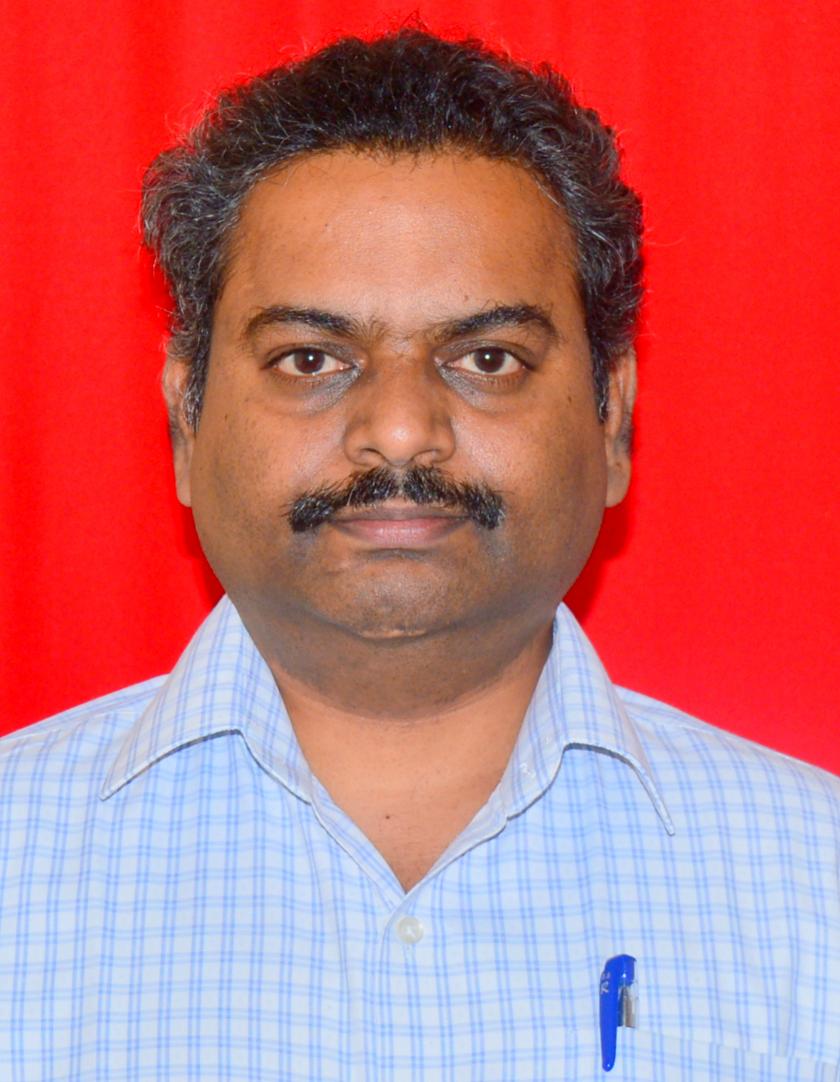
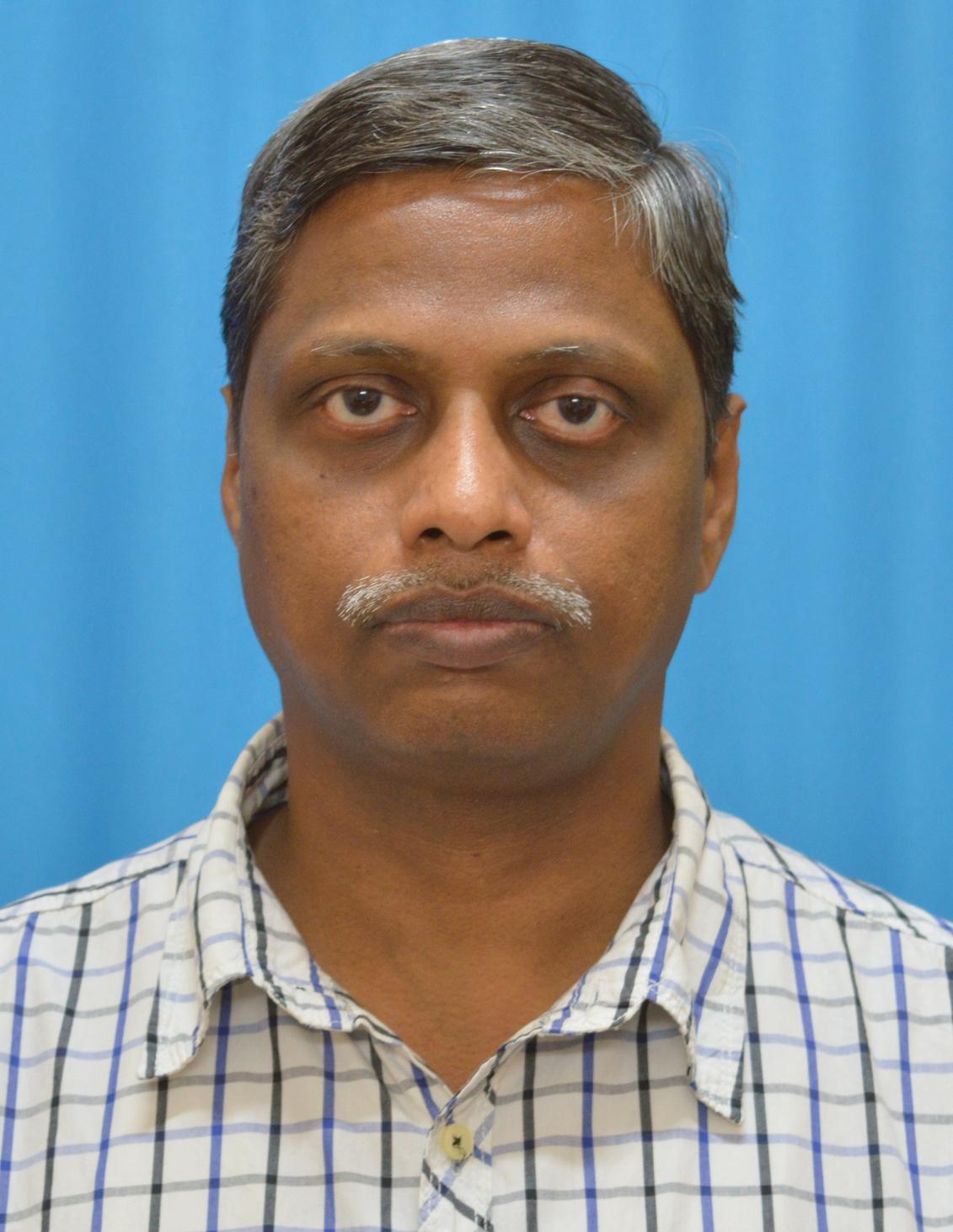
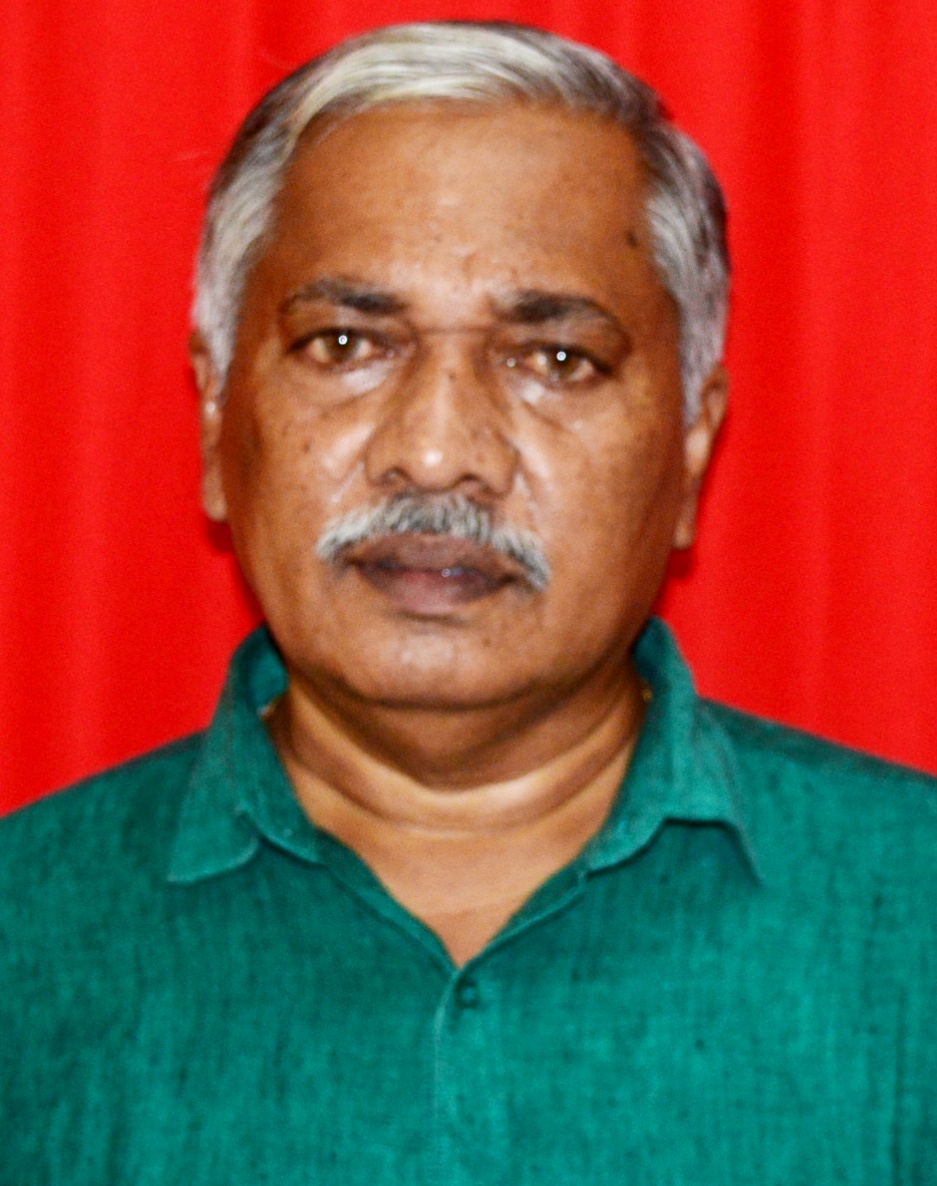
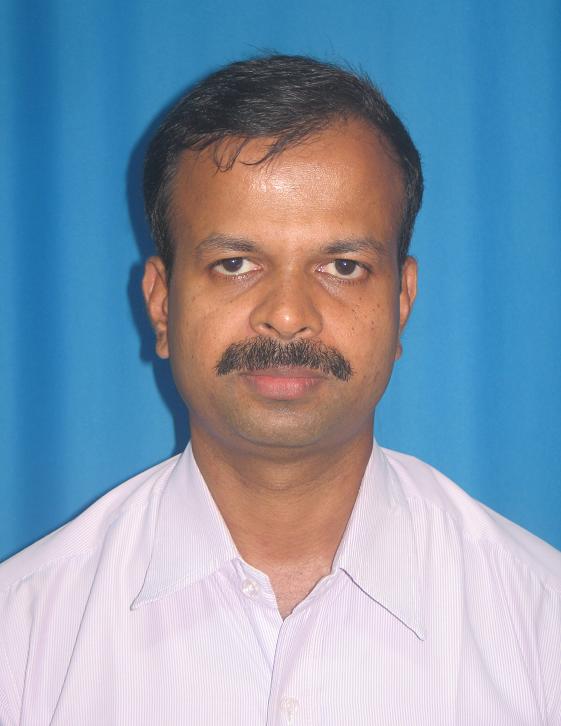
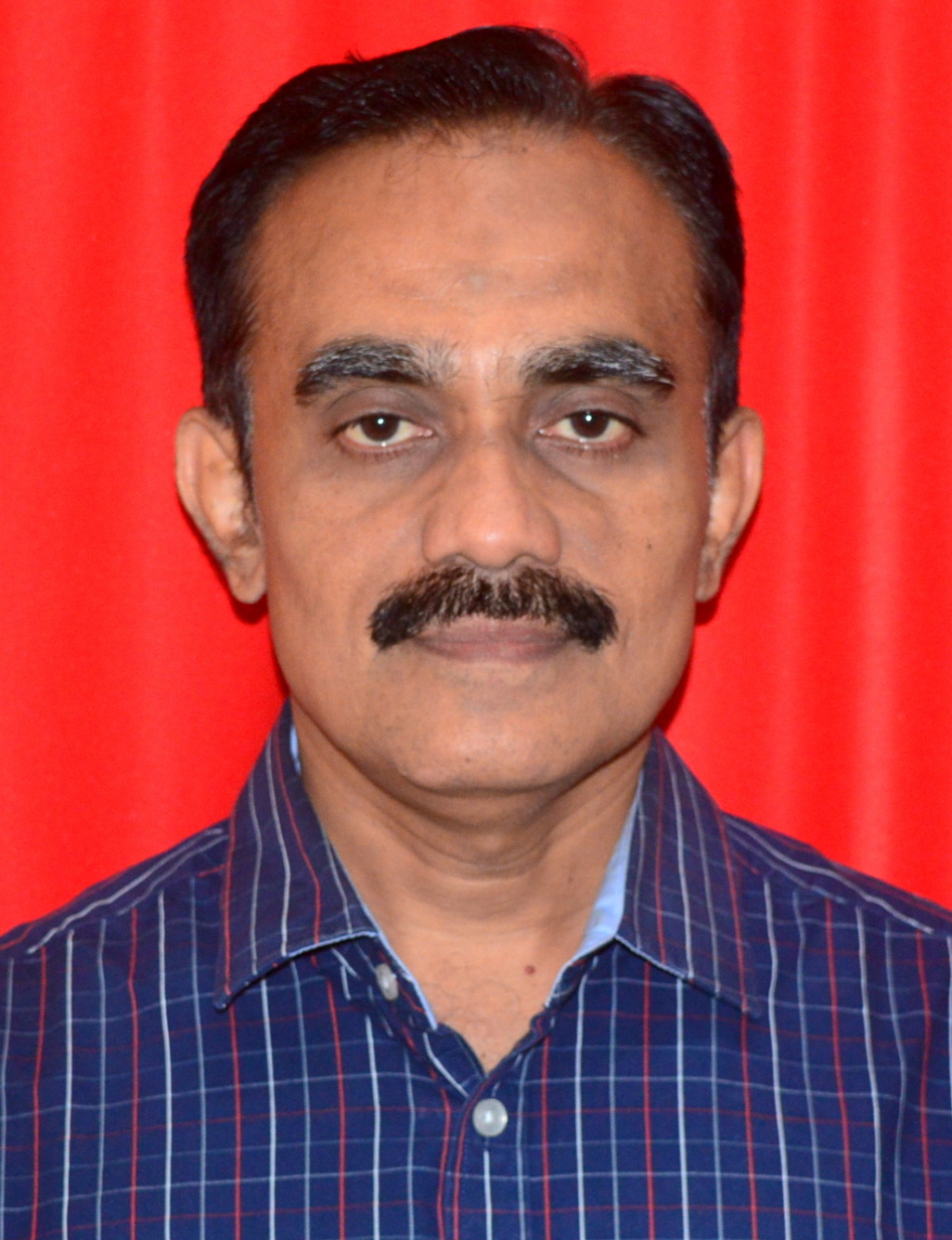



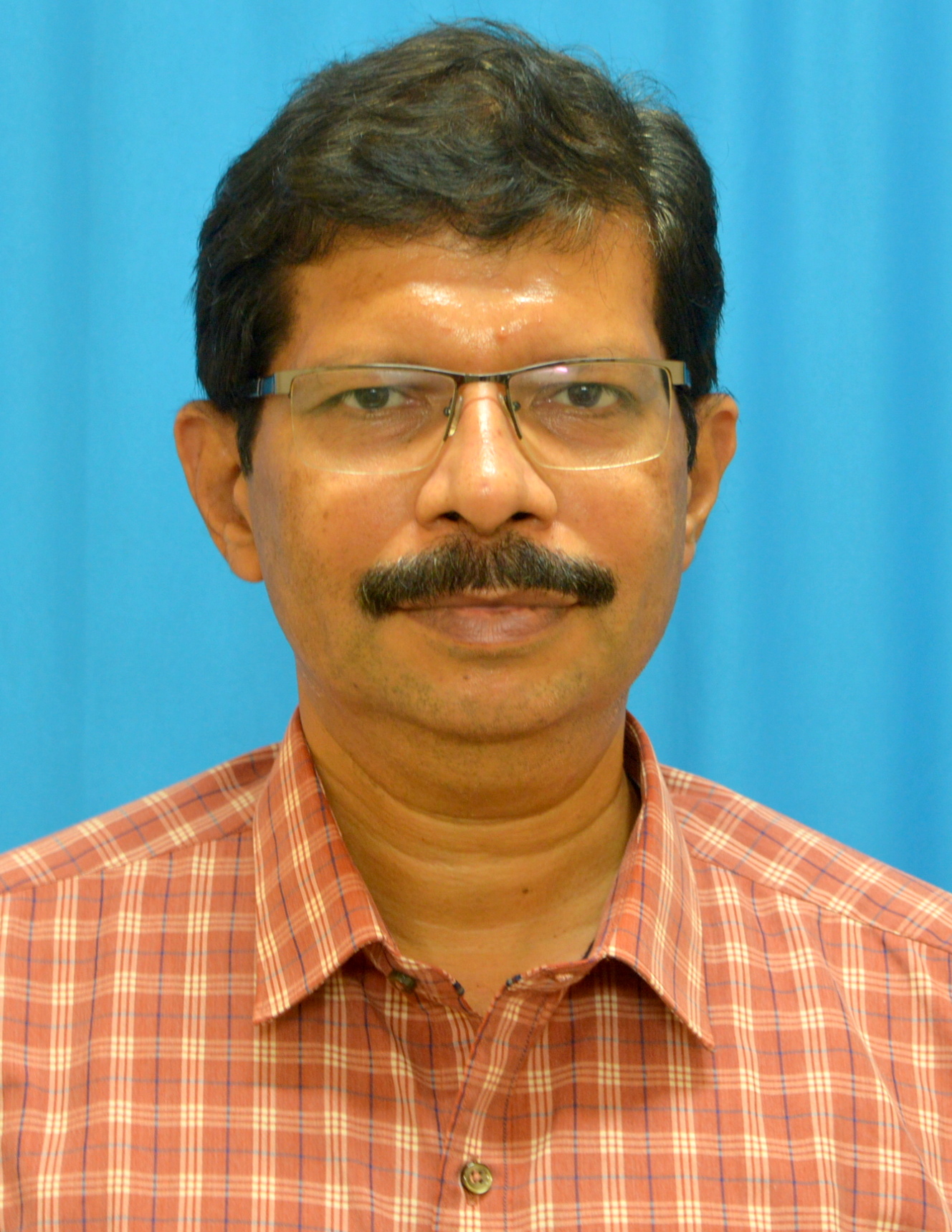


 Reactor Design Group (RDG) is responsible for the design, structural & thermal hydraulics analysis, core safety & plant dynamics analysis, structural mechanics including seismic testing, manufacturing technology development, engineering development, testing and qualification of Fast Breeder Reactor (FBR) components/ systems. RDG has expertise in design & engineering development of various systems/components of FBRs covering the Nuclear Steam Supply Systems (NSSS) and Balance of Plant (BoP) systems viz. Reactor Physics & Core Engineering, Reactor Assembly, Absorber Rod and Component Handling Mechanisms operating in sodium, Primary & Secondary Sodium Heat Transport Systems, Decay Heat Removal systems, Tertiary Steam Water Systems, various Plant Auxiliary Systems, Electrical Power Systems, Plant Layout, Sodium Pumps, Electromagnetic Pumps, Cold Trap and Ultrasonic devices for use in sodium.
Reactor Design Group (RDG) is responsible for the design, structural & thermal hydraulics analysis, core safety & plant dynamics analysis, structural mechanics including seismic testing, manufacturing technology development, engineering development, testing and qualification of Fast Breeder Reactor (FBR) components/ systems. RDG has expertise in design & engineering development of various systems/components of FBRs covering the Nuclear Steam Supply Systems (NSSS) and Balance of Plant (BoP) systems viz. Reactor Physics & Core Engineering, Reactor Assembly, Absorber Rod and Component Handling Mechanisms operating in sodium, Primary & Secondary Sodium Heat Transport Systems, Decay Heat Removal systems, Tertiary Steam Water Systems, various Plant Auxiliary Systems, Electrical Power Systems, Plant Layout, Sodium Pumps, Electromagnetic Pumps, Cold Trap and Ultrasonic devices for use in sodium.